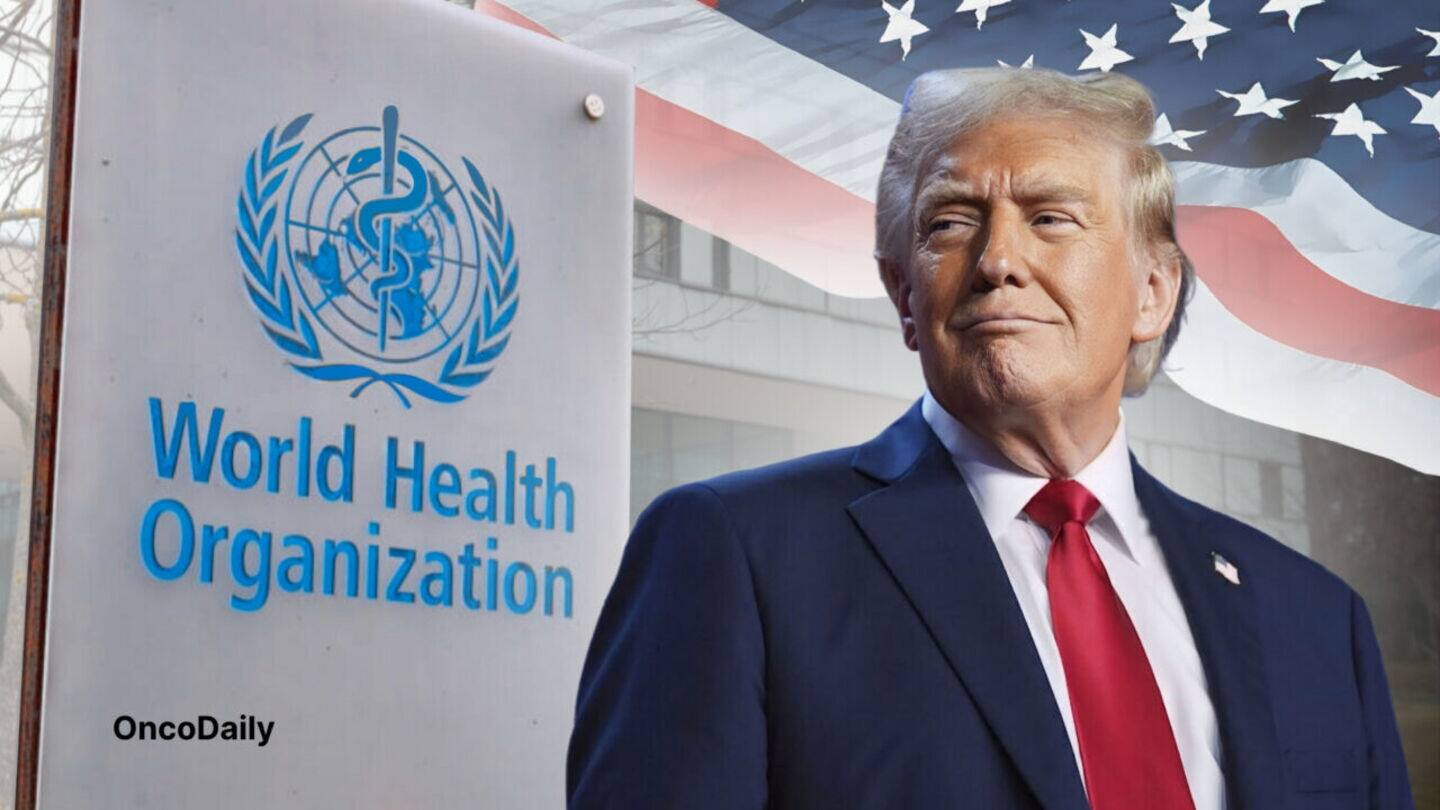
US absent from WHO's annual assembly: What's the impact?
What's the story
For the first time since its inception in 1948, the United States is not attending the World Health Organization's (WHO) World Health Assembly, being held in Geneva, Switzerland, from May 19-27. The decision comes after President Donald Trump announced plans to withdraw from the WHO on Inauguration Day, accusing it of being "ripped off" and under Chinese control. The US is a major contributor to the WHO's budget, accounting for one-fifth of its $6.8 billion budget.
Impact
US withdrawal leaves significant gap in global health efforts
The absence of the US, both in terms of financial contributions and expertise, is expected to have a major impact on the WHO's ability to tackle cross-border health crises. Barbara Stocking, chair of the Panel for a Global Public Health Convention, called it "very sad" that the US is no longer part of the group trying to make the world a better place.
Budget crisis
WHO faces budget crisis, pandemic treaty adoption
WHO is already facing its worst budget crisis in nearly 80 years, with a $600 million shortfall for the 2024-2025 budget. The organization is funded by a mix of mandated contributions (not more than 20-25%) and voluntary contributions. Member states contribute according to their size. To compensate, the organization has reduced its proposed budget for 2026-2027 by about 20% and is laying off staff. Tedros Adhanom Ghebreyesus, WHO Director-General, admitted that "we cannot do everything" due to these financial constraints.
Programs
Programs helped countries respond quickly to outbreaks
"What the world will notice most dramatically are the cuts in the emergency programs," said Christoph Benn, director of Global Health Diplomacy at the Joep Lange Institute in Amsterdam. These programs, he said, help countries respond quickly to outbreaks like polio or Ebola and quickly tell WHO about them. "If those country programs have to be cut down, it's a big loss."
Expert
US could influence rivals like China: Georgetown University professor
Meanwhile, Lawrence Gostin, a Georgetown University professor and Director of the World Health Organization Collaborating Center on National and Global Health Law, said the US has traditionally taken an outsized role in negotiations because it is WHO's largest financial donor. "When the US wanted something, it could lead and influence like no other country, including our rivals, like China or Russia...The US won't be there to have that kind of influence now and for the foreseeable future...that's terribly sad."
Dynamic shift
US absence could shift dynamics at WHO assembly
Some speculate that the US's absence could change the dynamics of discussions at the assembly. A former US health official said it might allow other countries to focus on work without political debates. For example, some pandemic treaty observers suspect the Trump administration's unexpected withdrawal pushed countries to conclude the deal ahead of the assembly. On Monday, WHO members voted in favor of a global treaty on improving pandemic preparedness. They formally adopted the world's first Pandemic Agreement on Tuesday.